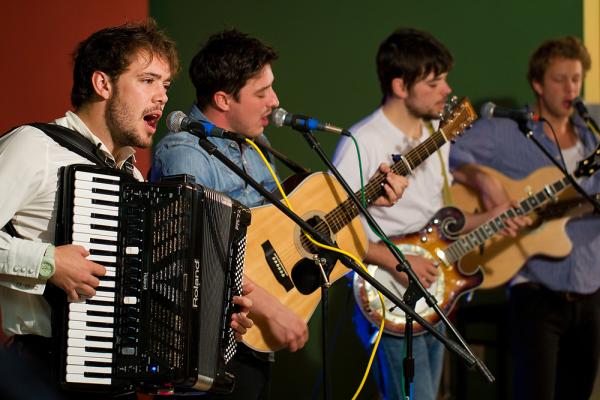Dec 30, 2013
This year I have been trying something new to me. I’m trying my hands at a little music or concert review. It’s a chance to experiment with this nascent methodology I’m developing. The posts have been some of the most commented upon on Facebook and even on the blog. Thanks for everyone’s engagement!
Though not the beginning, certainly the central review is this duo about Mumford and Sons and eschatological banjos. Cathleen Falsani was in town and we had a great time at these shows. These concerts are all about the eschaton, transcendence, immanence, and banjos. There are always banjos. I know.
Read the Full Article

Already a subscriber? Login
